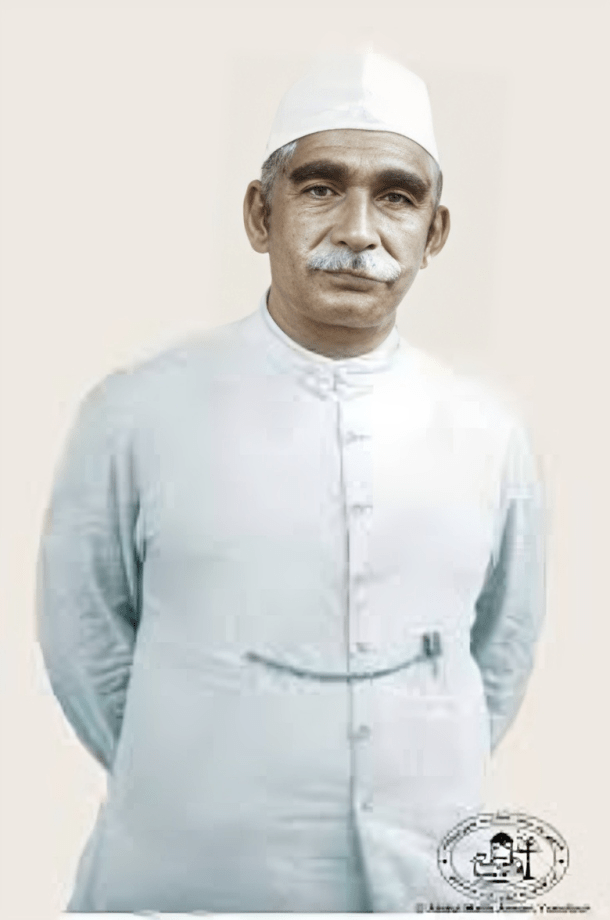Dr. Mukhtar Ahmad Ansari was born in December 1880 in a prominent family of Yusufpur in the Ghazipur district of Uttar Pradesh. He was a well-known politician and physician who entered the Indian political arena during the Balkan wars in 1911-12. His Medical Mission to Constantinople in 1912 brought him to the forefront of public life and repute. He remained one of the major figures in the Indian politics for the next two decades. He gained the adulation of Indian political leadership as well as the masses for his pragmatic approach towards the political issues and for their adept articulation on public front. Dr. Ansari’s services for Pan-Islam are estimable. He actively served the universal cause of Muslim brotherhood through the Medical Mission and Khilafat Movement. The medical mission organized under the leadership of Dr. M. A. Ansari was the first embassy of practical goodwill that established cordial relations between the Muslims of India and Turkey.
A branch of All-India Muslim League was organized at London. Its president was Syed Ameer Ali while the Committee included Dr. Iqbal, Dr. Ansari and some other young Muslims who were in England for their education. His speeches roused Pan-Islamic sentiments among the Muslims to an extent that they were considered threatening by the Government of India and his presidential address to all India Muslim League session 1918 in Delhi was proscribed by the Government during Khilafat Movement. Ansari also played an important role in developing the Jamia Millia Islamia (National Muslim University) that was founded by Maulana Muhammad Ali and became a flourishing institution for the Muslims of the subcontinent. He was one of those leaders who believed in communal harmony between Muslims and Hindus against British. He was a close friend of Gandhi during and after the Khilafat movement and he remained a member of all India National Congress and Gandhi’s advisor on the Muslim question through out his life. Being a nationalist Muslim leader, he recognized Iqbal’s literary and intellectual grandeur and even thought of him as “our greatest national poet and philosopher”.
He died in May 1937.
This article was last updated on Monday, Jan 01, 2007






